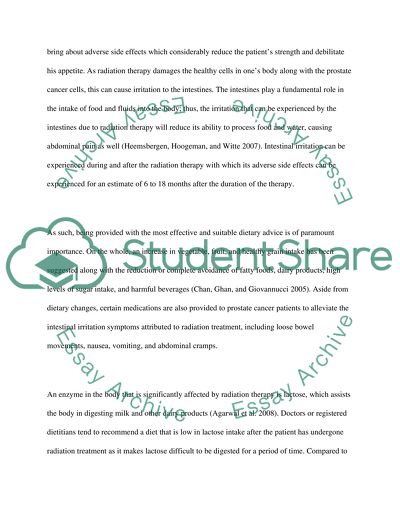Cite this document
(“Evaluation of dietary advice given to patients receiving external beam Essay”, n.d.)
Retrieved from https://studentshare.org/environmental-studies/1422428-evaluation-of-dietary-advice-given-to-patients
Retrieved from https://studentshare.org/environmental-studies/1422428-evaluation-of-dietary-advice-given-to-patients
(Evaluation of Dietary Advice Given to Patients Receiving External Beam Essay)
https://studentshare.org/environmental-studies/1422428-evaluation-of-dietary-advice-given-to-patients.
https://studentshare.org/environmental-studies/1422428-evaluation-of-dietary-advice-given-to-patients.
“Evaluation of Dietary Advice Given to Patients Receiving External Beam Essay”, n.d. https://studentshare.org/environmental-studies/1422428-evaluation-of-dietary-advice-given-to-patients.


